Understanding Proposition 65
About The Law
Proposition 65 (formally the Safe Drinking Water and Toxic Enforcement Act of 1986) is a California law designed to protect consumers and the environment from toxic chemicals. It requires businesses to provide a “clear and reasonable” warning before knowingly exposing anyone to a listed chemical known to cause cancer, birth defects, or other reproductive harm. In addition, the law prohibits businesses from discharging these chemicals into sources of drinking water. Businesses have one year after a chemical is listed to comply with warning requirements (and 20 months to stop any discharges). Certain entities - such as small businesses with fewer than 10 employees and government agencies - are exempt from the warning provisions. Scientists continually review new research, and the state’s list of regulated chemicals has grown to include over 900 substances ranging from heavy metals and solvents to pesticides and plasticizers. In short, Prop 65 gives Californians the right to know when hazardous chemicals are present in the products they use, the locations they visit, or the places they work.
How Enforcement Works
Prop 65 is enforced through civil actions that can be brought by public officials or private parties. The California Attorney General and local city or district attorneys can prosecute violations. Importantly, the law also allows private enforcers - individuals, consumer advocacy groups, or organizations like Center for Consumer Safety - to act “in the public interest.” We leverage this provision to hold companies accountable even when government agencies may not have the resources to address every violation. Private enforcers have become a crucial part of Prop 65 enforcement, often uncovering issues that would otherwise go unsurfaced. Every enforcement action begins with a 60-day Notice of Violation sent to the business, giving them a chance to address the problem or face a potential lawsuit.
Common Violations
Our legal actions typically address a few common types of Prop 65 violations:
Failure to Warn Consumers: This is the most frequent issue. Businesses may be selling products that contain a listed chemical without providing the required warning label. For example, a company might sell ceramic cookware with a lead-based glaze or a children’s toy with lead paint and not include any Prop 65 warning. Failing to inform consumers in such cases is a direct violation of the law.
Toxic Ingredients or Contaminants: We often find products with dangerously high levels of hazardous chemicals that exceed California’s safety thresholds. For instance, toy manufacturers have faced enforcement over phthalates and BPA at levels above the safe harbor limit. Likewise, some herbal supplements or remedies have been discovered to contain arsenic or mercury well above safe levels. When a product’s chemical content poses a significant risk and the company hasn’t adequately addressed it, we take action.
Outcomes and Impact
Companies found in violation of Proposition 65 can face significant consequences. The law permits civil penalties of up to $2,500 per violation per day, which can accumulate quickly for products sold widely or over a long time. In practice, most Prop 65 cases are settled out of court. In a settlement, a business typically agrees to stop the violation and take corrective measures - such as reformulating a product to remove the toxic chemical or adding clear warning labels to its packaging. Businesses also usually pay a financial settlement, which may include civil penalties and coverage of attorney’s fees and costs for the enforcement efforts. For example, a dietary supplement company might agree to pay fines and reduce lead content in its products, or a cookware manufacturer might add warning labels about a chemical in its handle. These outcomes are not just punitive; they are forward-looking. The goal is to protect the public by ensuring the company’s products are safe and compliant going forward.
Public Benefit
Effective Prop 65 enforcement benefits everyone. Consumers gain peace of mind that they will be warned about significant chemical risks in the products they buy. Businesses create safer products and avoid harming their customers, which in turn can improve public trust in their brand. And overall, the California marketplace becomes safer and more transparent. Center for Consumer Safety is proud to contribute to this process by rigorously enforcing the law. Every warning label we prompt or toxic ingredient we help remove is another step toward a healthier, better-informed community.

Want to learn more about Proposition 65 and how it protects Californians?
Visit the links below to find out more:
